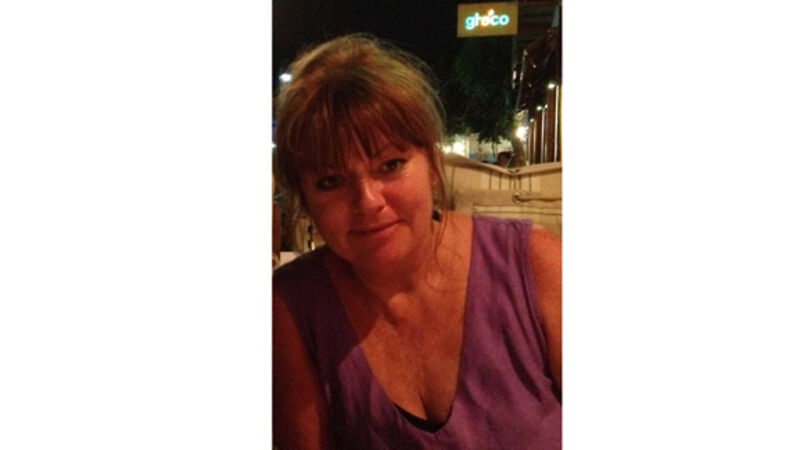Meet Cork girl Kate O’Riordan, executive producer and writer of TV show Mr Selfridge

THE TV show Mr Selfridge has returned for a third series. A joint production between Britain’s ITV channel and America’s PBS, Mr Selfridge has become a huge success: it is shown in 99 countries, and had viewing figures of 6.5m for the second series.
One of Mr Selfridge’s writers — she is also an executive producer — is an Irishwoman, West Cork novelist and screenwriter, Kate O’Riordan.











